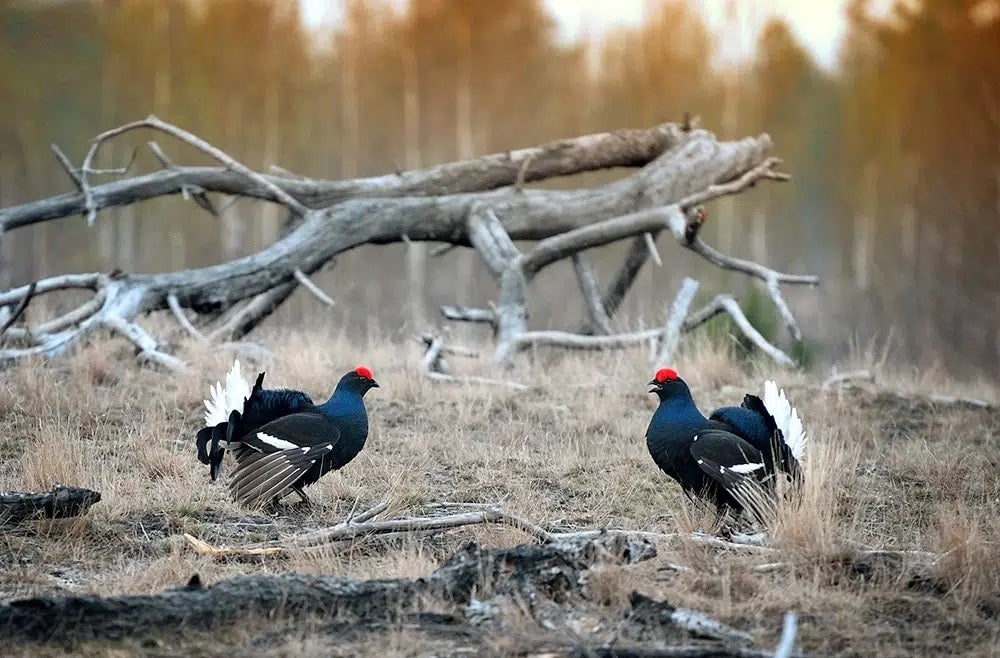Dead air: Ukraine war’s devastating effect on wild birds
Bombs, missiles, and artillery shells destroy the habitat for birds
Russia’s invasion of Ukraine threatens a “significant number of rare and globally vulnerable bird species”, according to a global conservation group.
Ukraine’s bird species are at risk because of the conflict, says BirdLife International, which works to conserve birds and their habitats.
The group says Ukraine is internationally important for wild birds, with 434 species and 18 globally threatened birds.
Bombs, missiles, and artillery shells destroy the habitat for birds such as the grey partridge, skylark, short-eared owl and Montagu’s harrier.
The destruction of infrastructure in the Dnipro and Desna river basins has reduced habitats for wetland birds, while forest fires sparked by the conflict have destroyed the homes of forest bird species.
With winter looming, Birdlife International expects that Ukrainians will start to cut down trees illegally for firewood, causing disturbance to species like the great grey owl, Tengmalm’s owl, and black storks.

Pollution from chemicals in mines, bombs, and artillery shells could poison birds’ food sources and hunters may target more birds because of food shortages, it adds.
Birdlife International states: “After the war, a thorough assessment of the overall environmental impacts will be needed to identify targets for future conservation activity, including clean-up operations.
“Long-term prospects for Ukrainian wildlife will depend on re-establishment of effective management of protected areas, habitat restoration and sustainable management of the country’s farmed landscapes.
“Finally, reconnecting people to nature (especially young people) will be incredibly important for psychological healing to help people recover from the war trauma.”
Join our commenting forum
Join thought-provoking conversations, follow other Independent readers and see their replies
Comments
Bookmark popover
Removed from bookmarks